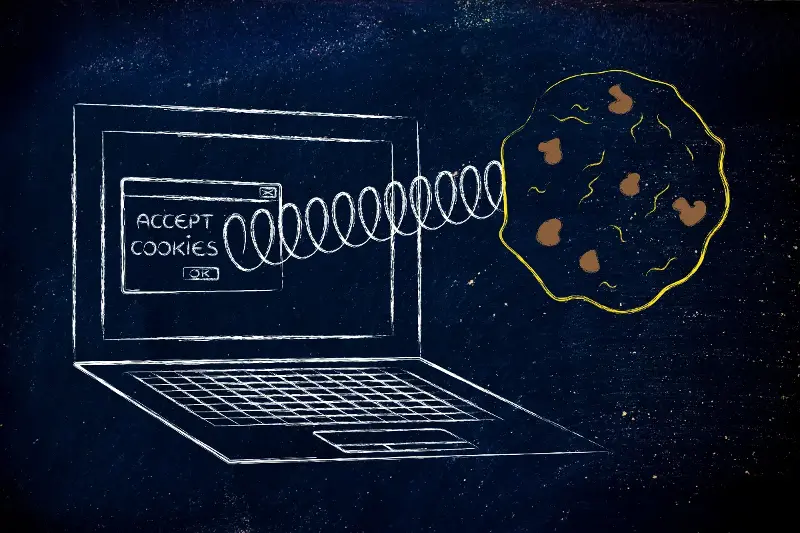At some point during your online adventures, you’ve undoubtedly clicked “Accept All Cookies” without a second thought. But lurking beneath that innocent pop-up is a complex digital drama—a world where convenience brushes shoulders with surveillance, and every crumb you leave paints a vivid portrait of your internet life. So, are cookies your trusty online helpers or sly digital snoops? Let’s peel back the layers and uncover the facts.

Cookie Basics: What Are These Digital Biscuits?
Cookies are tiny text files placed on your device by websites you visit. At their best, they remember your choices: language settings, shopping basket contents, even that half-read article you’ll finish later. Cookies truly make web-browsing smoother and more personal.
However, not all cookies are created equal. There are two main categories:
- First-party cookies – set by the site you’re visiting for basic user experience
- Third-party cookies – set by external advertisers or tracking companies, following you from site to site
Here’s the crux: while first-party cookies can be helpful and harmless, third-party cookies are often where controversy starts to sizzle.
The Sweet Side of Cookies: Convenience and Customisation
Cookies help online shops remember your basket, let social networks personalise your feed, and keep you logged in as you dart between pages. Without cookies:
- You’d fill out forms from scratch, again and again
- Your favourite sites would “forget” you completely
- Tailored suggestions—whether movies, articles, or shoes—would fade into generic irrelevance
For businesses, cookies offer a lifeline, uncovering what you love and hate, helping them tweak services and streamline your journey. In many ways, cookies are the unsung heroes of a frictionless digital experience.

Sinister Secrets: Tracking, Profiling, and the Erosion of Privacy
But it’s not all sweet. Cookies can be harnessed by ad networks to piece together your browsing habits, often without your true consent. By creating detailed digital profiles, companies can:
- Build a dossier of preferences, interests, and purchasing power
- Target you with eerily specific ads—across devices and sites
- Share or sell your profile data to other third parties
Many users feel like digital fish in an ever-tightening net of surveillance, their autonomy quietly slipping away.
A 2023 UK survey revealed that over 70% of adults didn’t fully understand how tracking cookies worked—but regularly accepted them out of habit or confusion. This murky knowledge gap only adds to the challenge, making it harder for individuals to protect their privacy.
Taking Control: Your Digital Dilemma and Tools for Choice
Luckily, you’re not powerless. With growing awareness, browser makers and regulators are tightening rules. The EU’s General Data Protection Regulation (GDPR) and similar laws demand clear consent for tracking—and give you a real say.
Here’s how you can wrest back control:
- Regularly clear or block cookies using browser settings
- Opt for privacy-focused browsers or extensions like DuckDuckGo or Privacy Badger
- Get familiar with cookie opt-outs and “do not track” features
Small shifts in your habits can make a big difference in the data trail you leave behind.

So, next time you’re tempted to accept all cookies without a glance, pause and ask yourself: how sweet do you want your online experience to be—and what secrets are you willing to share for it? In the ever-shifting landscape of the web, balancing convenience and privacy isn’t just a technical decision—it’s about shaping the digital world you want to live in.
